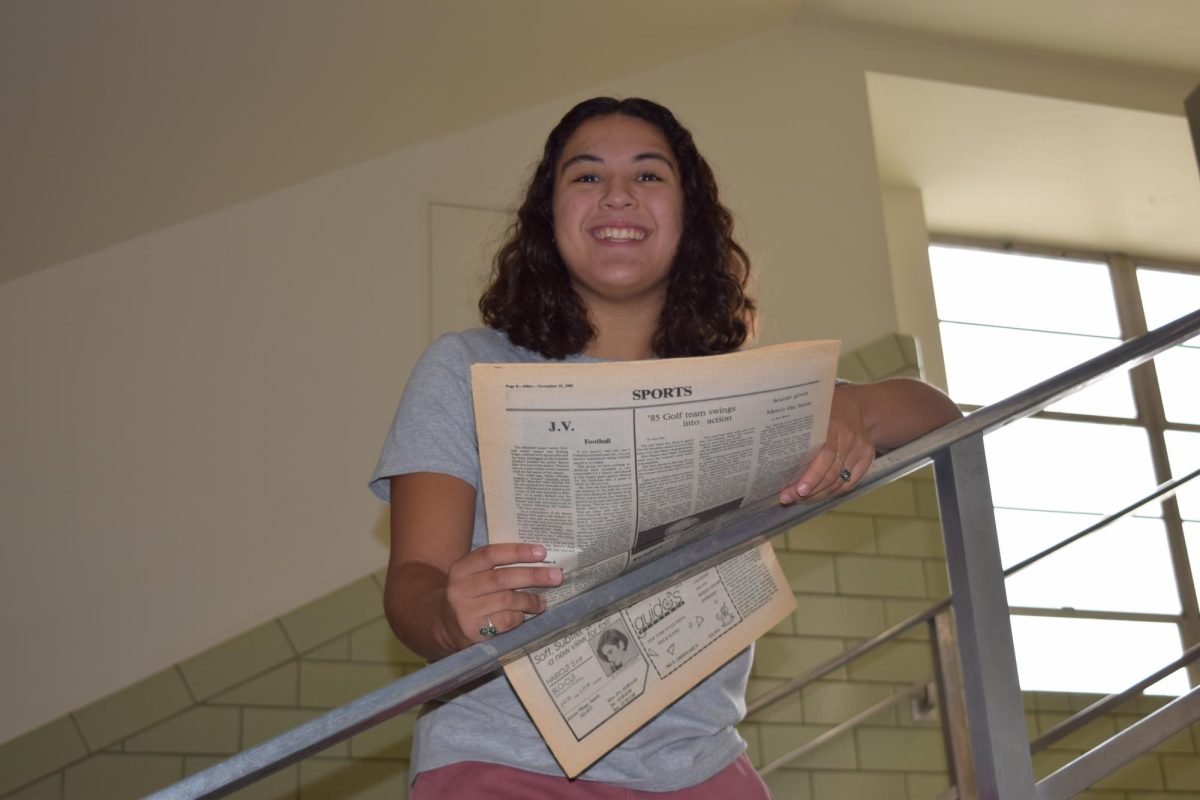When people talk about lowering their carbon footprint, the first thing that people think of usually isn’t books. While reading is an popular and accessible hobby for many people in the United States, some worry about the potential ecological impact it has on our environment.
One of the main problems with the book industry is that no matter what form books take, they will come with certain drawbacks. According to NPR, the publishing industry uses about 32 million trees a year to make books in the United States alone. When taking the amount of resources used to get the books from where they were made to bookstores into account, the carbon released from traditional books is astonishing.
Because of the drawbacks of traditional books, many people have turned to e-readers like kindles. While these devices are better for the environment, Play it Green points out that the manufacturing of these requires massive amounts of fossil fuels, and are often made overseas, which increases the amount of carbon released during transportation. On top of this, a person would have to read somewhere between 20-40 books on their e-readers in order to negate the fossil fuel used to make it, which is more books than many people are willing to commit to reading in a year.
After researching these problems, people are left wondering what the best thing to do in this situation is. Luckily, there are many ways for people to use the advantages of both forms of reading in order to lower their carbon footprint.
One way to do this is by getting physical books from public libraries or buying them from second hand stores. While many people are skeptical about the quality of these books, getting them from these places allows for more people to get use out of one copy, and prevents many books from going into landfills.
People might also consider using reading apps on their phones instead of purchasing an e-reader. These apps allow people to get the same benefits as an e-reader while using a device that has more purposes than just reading.
While these are all good ways to reduce book related waste, the important thing to remember is that these are not a one size fits all solution. All readers have their own preferences when it comes to reading, with many preferring some solutions over others. No matter what one decides to do however, thinking about how your actions affect the environment is important to sustaining our planet.








